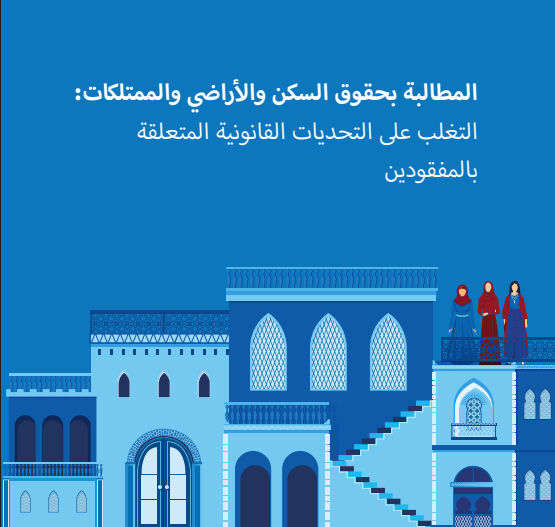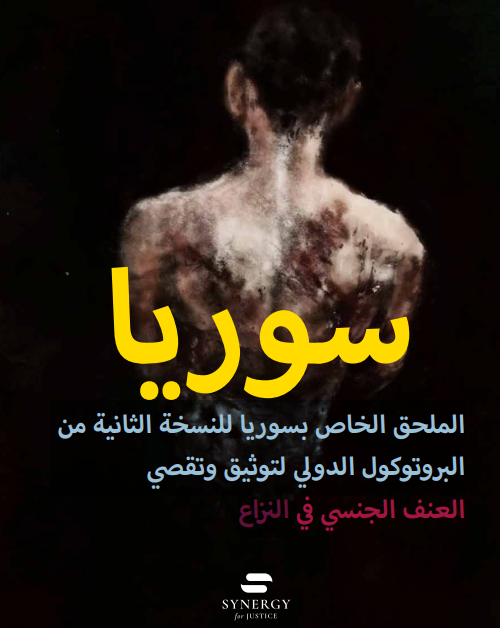December 2021 Study (with Euro-Mediterranean Foundation of Human Rights Defenders): Amal Center for Advocacy and Recovery conducted research showing that the revolution brought a qualitative shift in women’s interest in political affairs and their pursuit of awareness to better understand reality. Participants were introduced to new political culture reflecting readiness for political consciousness development. They expressed strong support for women in leadership positions, highlighting an expanded recognition of their role in change. Their emphasis on family law in Turkey and political plurality reflected clear indicators of evolving legal and political awareness among Syrian refugee women.
As part of its work to support Syrian women’s housing and property rights, Amal Center for Advocacy and Recovery, in cooperation with Synergy for Justice, developed a practical guide outlining six key legal challenges women face in claiming their rights, and providing actionable steps and information sheets. The guide drew on legal reviews and extensive surveys with women from families of the disappeared and with lawyers inside and outside Syria. It highlighted major issues such as loss of documents, lack of property registration, property seizures, limited access to fair courts, high legal representation costs, and lack of rights awareness. The work concludes with practical recommendations for preserving evidence and documents, registering civil and property records, and utilizing existing judicial and administrative mechanisms, while stressing the importance of including housing and property restitution in any future transitional justice process.
The executive summary on Syria presents both qualitative and quantitative evidence of systematic violations — particularly arbitrary detention, torture, and enforced disappearance — and their long-term impact on survivors and their families. It identifies gaps in justice and access to remedies and offers practical victim-centered pathways to redress, including evidence preservation, documentation of violations, tracing criminal responsibility, guaranteeing procedural rights, and providing psychosocial support and legal assistance. The report also issues recommendations to judicial authorities and policymakers regarding compensation, rehabilitation, and guarantees of non-recurrence.
Amal Center for Advocacy and Recovery proudly presents the electronic version of the book “Narrative of Detention and Enforced Disappearance in Assad Regime Prisons.” The book contains stories told by survivors of detention and accounts shared by families of detainees, dedicated to those who remain voiceless — the detained, disappeared, and forcibly missing — and to those who perished in prisons and cells. Amal Center offers this publication as a resounding voice for them and their families, as part of its long-standing professional and humanitarian mission to empower and amplify their voices worldwide.
We invite you to read the electronic version through the provided link and encourage you to share it as a humanitarian and moral duty to those whose voices were silenced — so we may be their voice.



